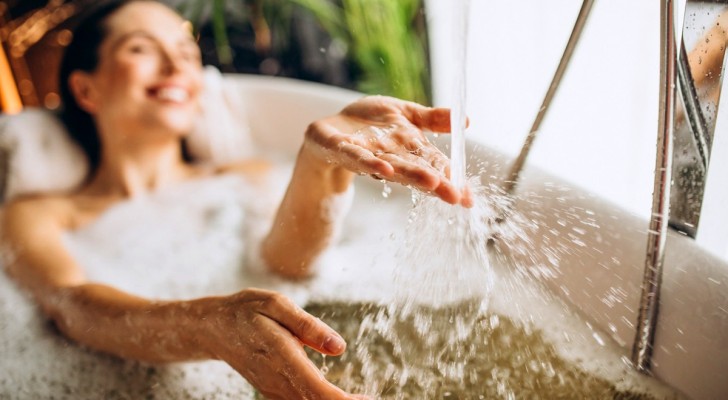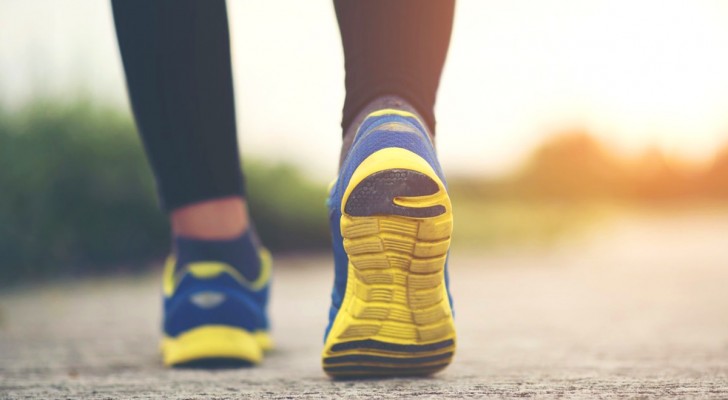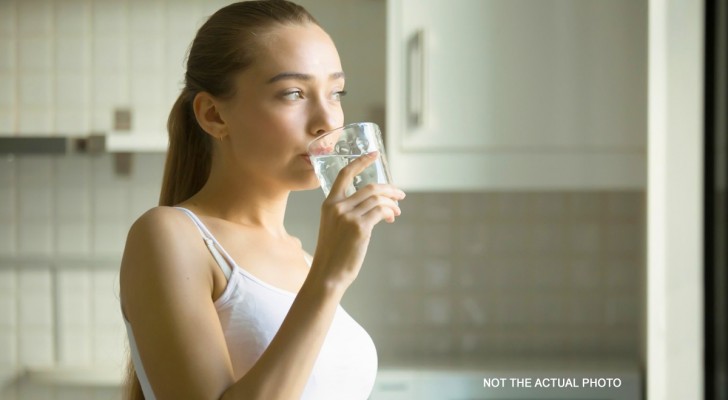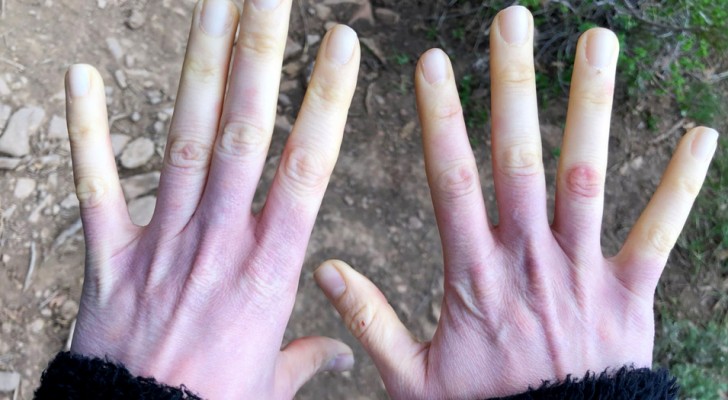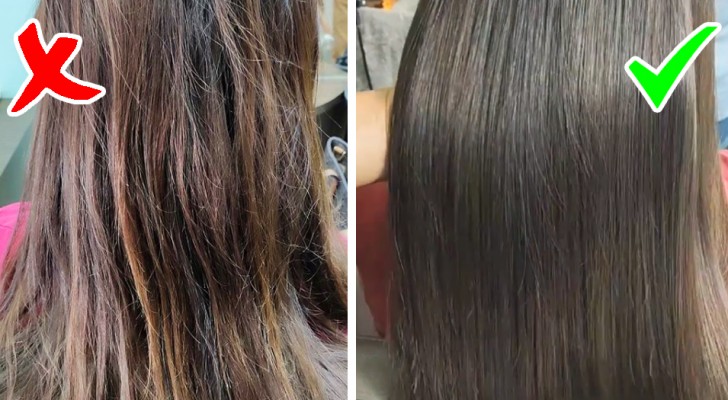Sunstroke and heat exhaustion! Here are all the tips to deal with hot weather temperatures!

As many people know, the sun is a fundamental health ally, since it triggers a series of beneficial mechanisms both mentally and physically.
As with everything else though, the sun, also can be harmful when we abandon ourselves to exaggerated exposure and especially without taking precautions.
In particular, we want to talk about some common consequences of the arrival of the summer months such as sunstroke (heatstroke), heat exhaustion (overheating), and low blood pressure.
Sunstroke and heat exhaustion
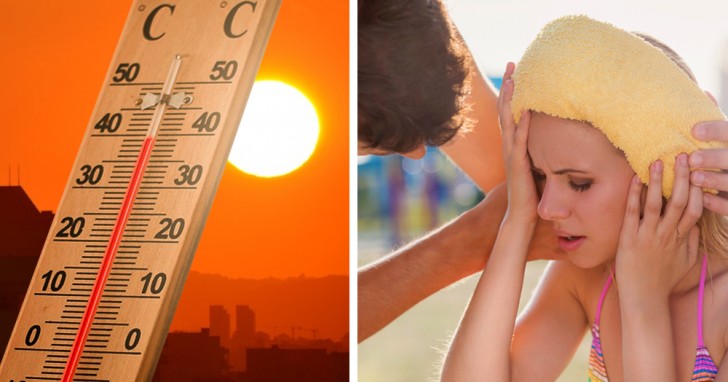
First of all, let's start by distinguishing them. Sunstroke (aka heatstroke) is a phenomenon not directly linked to sun exposure, but rather to the heat it generates. Heat, combined with moisture, tests the body's cooling capacity through sweat (thermoregulation).
If one's thermoregulation is not functioning well, then the typical symptoms begin to appear: wheezing, very hot skin, mental confusion (sometimes severe), and headache.
Heat exhaustion (overheating) is instead directly linked to exposure to sunlight and affects the skin more. It is risky especially for light-skinned people, but in general, everyone needs to be careful.
The symptoms for heat exhaustion include redness of the skin and eyes, rapid pulse, excessive sweating, nausea, mental confusion, and dizziness.
In both cases, the first thing to do is to bring the person to a cool and shady place, make them lie down and raise their legs slightly.
Next, immediately open their clothes to help cool the body, proceeding with fanning, and sponging with cool water, especially on the wrists, groin, and armpits.
Then, give them fresh cool water to drink and, if symptoms persist or if they are subjects at risk (an elderly person, a child or a person with particular health conditions), call for help immediately.
Low blood pressure
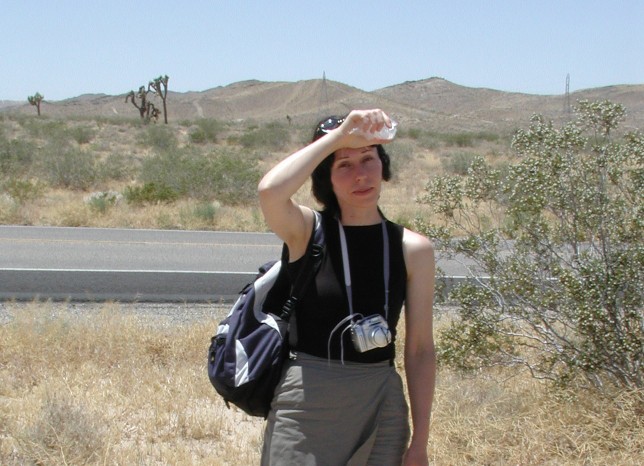
Another consequence of the heat is the classic low blood pressure (less than 90/60), which leads to dizziness, states of weakness and in some cases fainting.
To prevent low blood pressure, nutrition is also helpful, which is useful for restoring mineral salts and sugar levels in the blood.
In fact, among the most effective foods, we find licorice (we are talking about root or pure licorice, avoid high-calorie sweets!). Licorice is excellent for increasing blood pressure, and you can consume it whenever you feel fatigued.
Ginger and bananas are also excellent allies, as they are rich in mineral salts.
General precautions
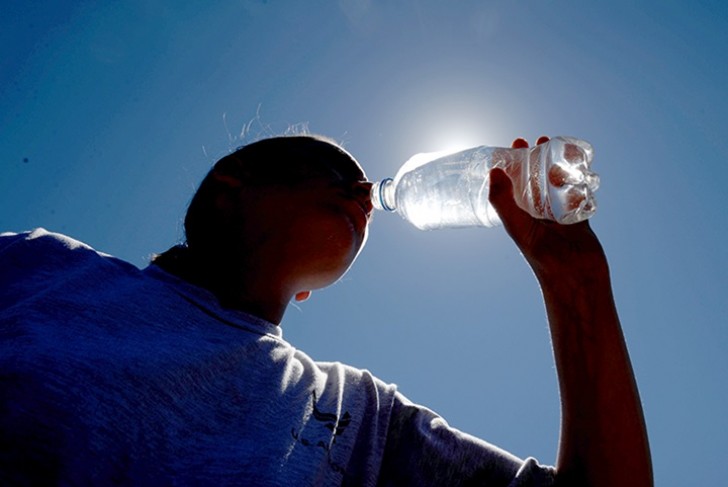
In general, whatever the problem, the precautions to be taken are similar:
Avoid exposure to sunlight from 11 am to 5 pm, do not exercise, eat light, water-rich foods, prefer light-colored clothes and fabrics that let the skin breathe, ventilate environments (car interior, office, home) and above all --- we will never stop saying it --- always carry water with you so that you will remember to drink plenty of water during the day.
Furthermore, let's always remember that children and animals should never be left in a parked car under the sun --- not even for one minute!
